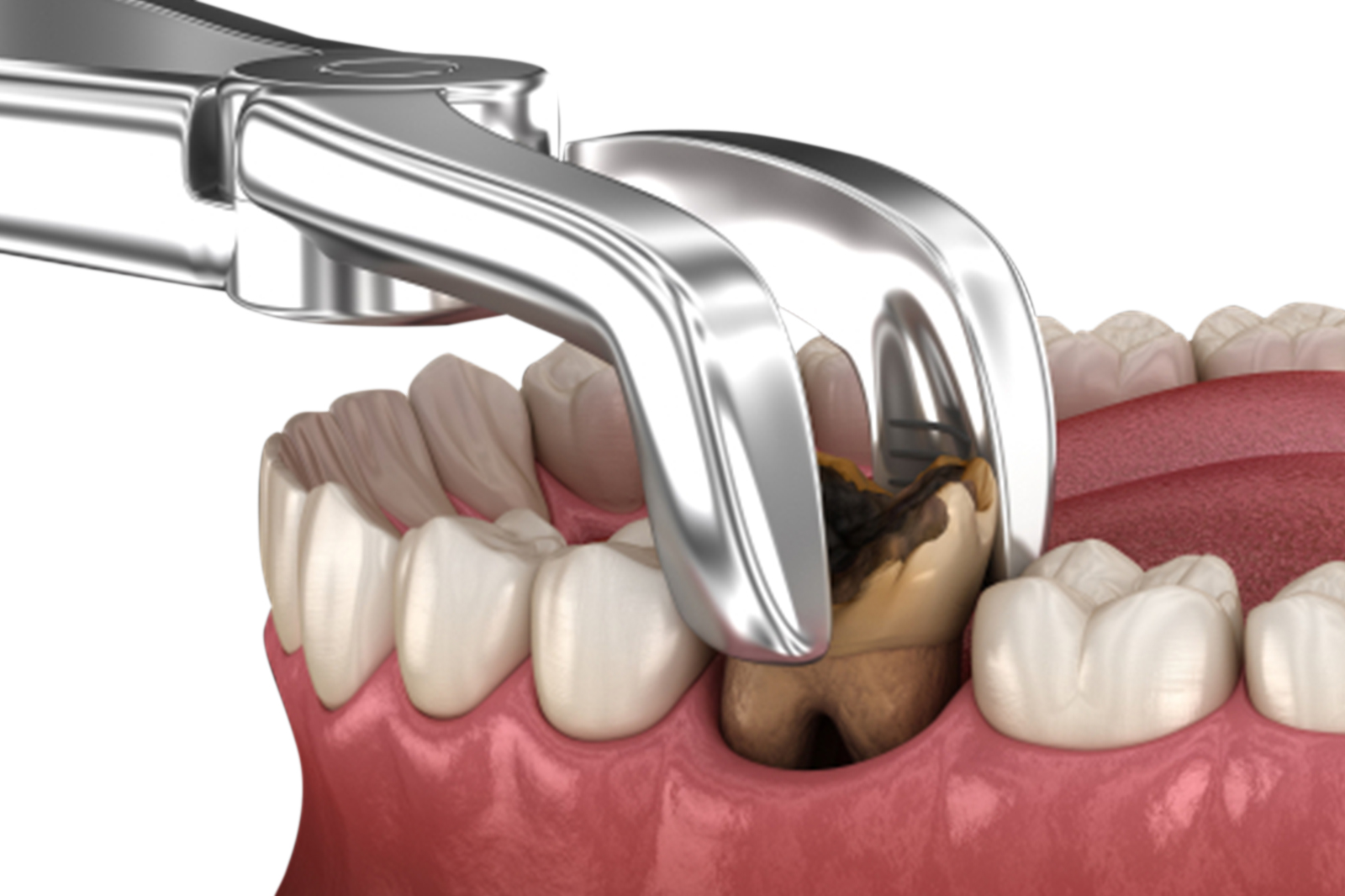Aftercare Tips for Dental Crowns and Bridges
MAY 2024

Getting a dental crown or bridge is a fantastic way to restore your smile and improve your oral health. To ensure the longevity and success of your dental restoration, proper aftercare is crucial. This comprehensive guide will provide you with all the aftercare tips you need to maintain your crowns and bridges effectively.
Immediate Aftercare
1. Numbness and Sensitivity: After your procedure, your mouth may feel numb due to local anesthesia. Avoid chewing until the numbness wears off to prevent accidentally biting your tongue or cheek. It’s also common to experience some sensitivity to hot and cold temperatures; this should diminish over time.
2. Managing Discomfort: Mild discomfort or soreness is normal after getting a crown or bridge. Over-the-counter pain relievers, such as ibuprofen or acetaminophen, can help manage any pain. If discomfort persists, contact your dentist for further advice.
Oral Hygiene
- Gentle Brushing: Brush your teeth gently, especially around the crown or bridge area. Use a soft-bristled toothbrush to avoid irritating your gums. It’s essential to maintain good oral hygiene to prevent plaque buildup around your new restoration.
- Flossing with Care: Flossing is crucial, but be gentle around your crown or bridge. Slide the floss out rather than lifting it out to avoid dislodging the restoration. Consider using an interdental brush or water flosser for a thorough clean.
Eating and Drinking
- Soft Foods Diet: Stick to soft foods for the first few days to avoid putting too much pressure on your new crown or bridge. Foods like mashed potatoes, yogurt, and soup are great options. Gradually reintroduce harder foods as you feel comfortable.
- Avoid Sticky and Hard Foods: Steer clear of sticky foods like caramel and hard foods like nuts that could dislodge or damage your crown or bridge. Cut food into smaller pieces to make chewing easier and reduce the risk of damage.
Lifestyle Tips
- Avoid Using Your Teeth as Tools: Using your teeth to open packages or bite on hard objects can damage your crowns and bridges. Always use appropriate tools and avoid habits like nail-biting or chewing on pens.
- Protect Against Teeth Grinding: If you grind your teeth at night, talk to your dentist about getting a night guard. Grinding can put excessive pressure on your crowns and bridges, leading to damage or wear.
Long-Term Care
- Maintain Regular Dental Visits: Regular check-ups and professional cleanings are essential to ensure the health of your crowns, bridges, and overall oral health. Your dentist can monitor the condition of your restorations and address any issues early on.
- Maintain Excellent Oral Hygiene: Brush at least twice a day and floss daily to keep your mouth healthy. Consider using an antibacterial mouthwash to reduce plaque buildup and protect your gums.
When to Contact Your Dentist
- Signs of Complications: If you notice any signs of complications, such as persistent pain, swelling, or sensitivity, contact your dentist immediately. Early intervention can prevent more serious problems.
- Loose or Damaged crowns or bridges: If your crown or bridge feels loose or becomes damaged, schedule an appointment with your dentist as soon as possible. Avoid chewing on the affected side until you can see your dentist.
Conclusion
Proper aftercare is essential for the longevity and success of your dental crowns and bridges. By following these tips and maintaining regular dental visits, you can enjoy a healthy, beautiful smile for years to come.
For more information on our dental services, schedule an appointment through https://nationalmed.ae or visit our clinic.











